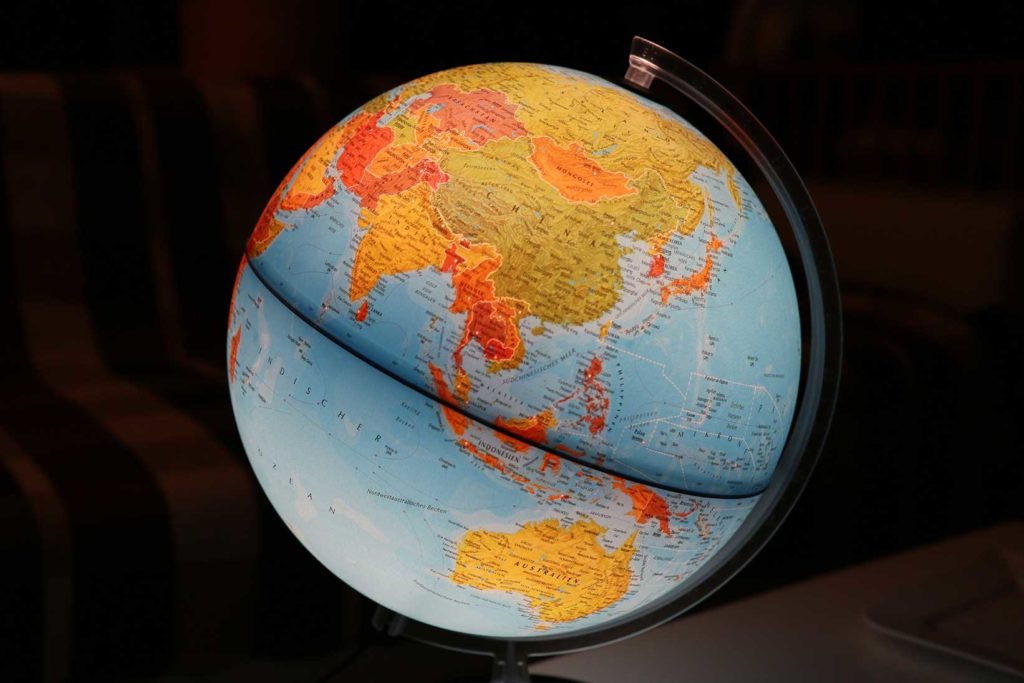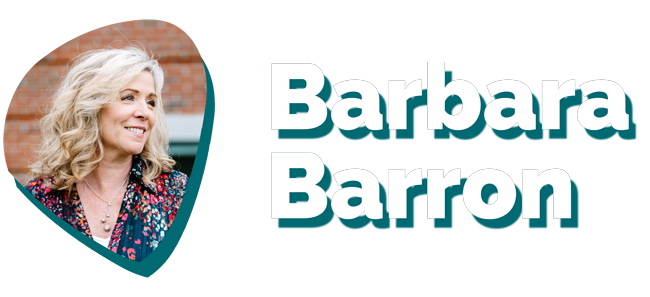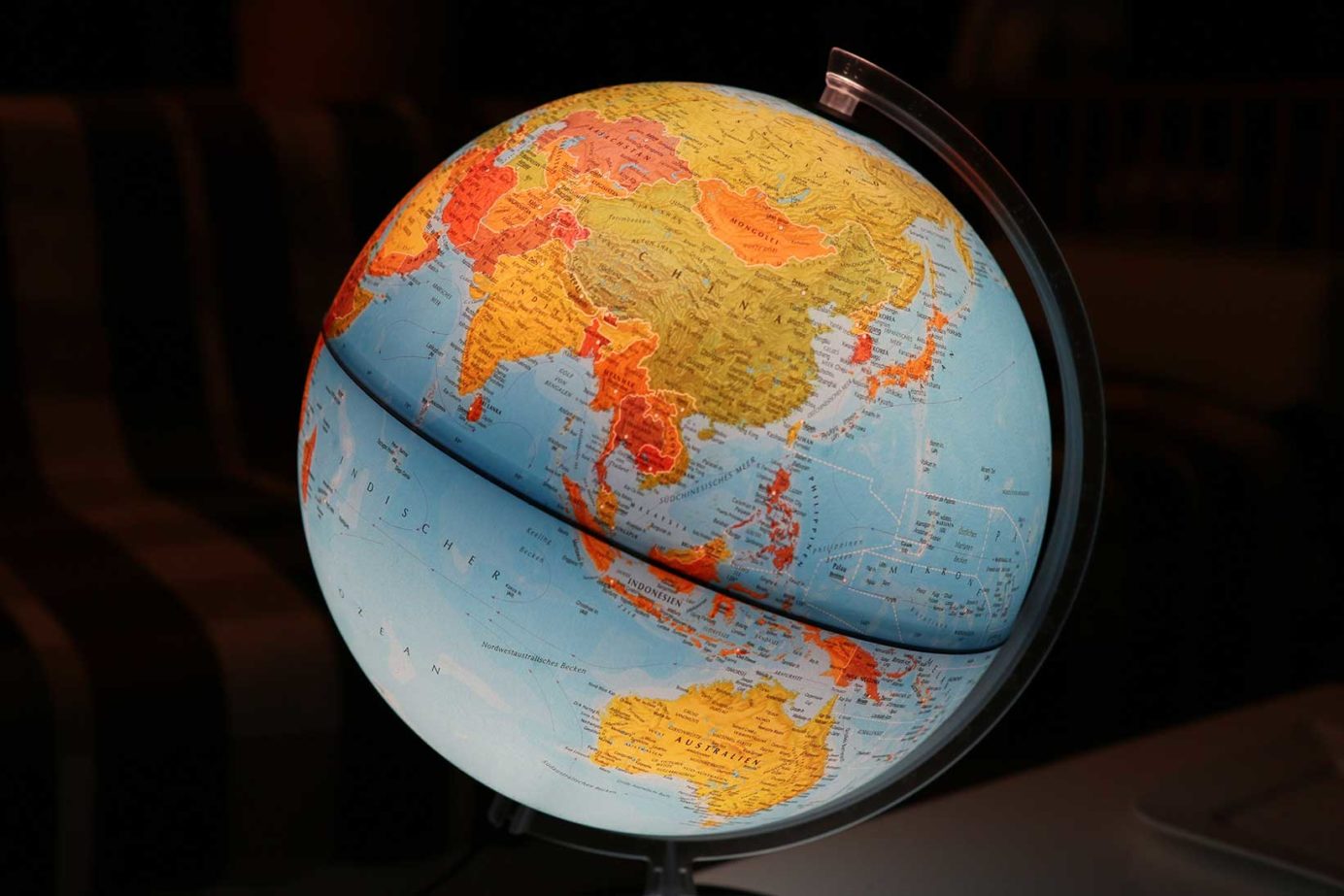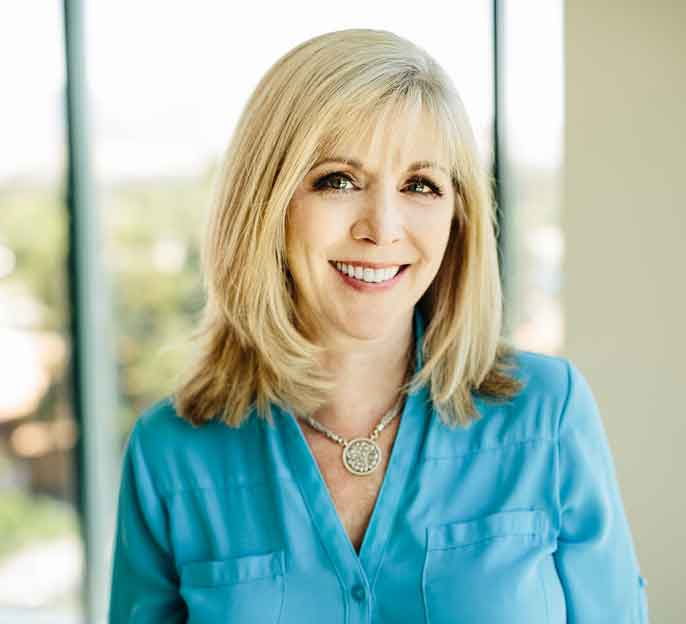by Barbara Barron | Posted March 18th, 2020
We’re only in the first few days of this shutdown and our “new normal”. Whether we are all back in school after April 7 is still a question. All my client schools have postponed or canceled their spring fundraising events and have suspended any annual giving activity. The few still engaged in capital campaigns have slowed down to rethink next steps.
And yet, despite all this, there is still much we can do.

In fact – believe it or not – now is the exact right time to put into action some important and far-reaching work.
If you were to suggest to your peers that there is advancement or development work to be done right now, you would likely get the response of a raised eyebrow, at minimum. At most? Outright resistance or even hostility. And that’s fair. Right now we’re all in a state of panic. Many are trying to ensure their very survival. How could we think of asking for money right now?
I would argue that this reaction is based on a fallacy. If you think of advancement and development as only asking for money – you’re right. But, as I’ve written here over and over, advancement and development are not only about asking for money. (And I could, and likely will, suggest at some point that at moments of great crisis, it is precisely the right time to ask very specific people – our most ardent and generous supporters, say – to help us weather the storm. More on that another time…)
But for our purposes here, we need to resist the reductive thinking that development = asking for money. Doing so keeps us from doing the part of the work that is timeless, deeply valuable, and joyful. I’m talking, of course, about stewardship.
To help clarify what I mean, I want to share an idea that grew out of my article this month and was fleshed out in practice with one of my client schools yesterday. They have embraced it and are starting the work this week. We’re calling it, internally, a “community care campaign.” We are referring to it that way to ensure that we all stay crystal clear on our objective. This is not a fundraising activity. This is not a way to snoop into the private lives and the health of our families. The opposite! This is, at its heart, a way to create deeper connections within the school community.
We are going to systematically do a warm and friendly check-in on every family in our community the old-fashioned way. We’re going to call them on the phone. We’re putting the Board of Trustees to work.
Have you subscribed to the newsletter yet? It only takes a minute.
The DoD is rightly shepherding this project. She is creating assignments for each Board member. Maybe as many a dozen calls each. (It’s a small school. Their trustees are dedicated! ). We will provide a couple of guiding talking points so that trustees can confidently keep the conversation in the safe and friendly zone we want. Calls are to be made this week. Even if it means leaving a message, every family gets called.
Trustees who learn something important will know the mechanism to confidentially share that information with the Head of School. And naturally, the Head will call the families where she knows there may be a particularly sensitive situation. Perhaps there’s a health challenge or an economic one. We’re bringing to the table what we already know about our families to ensure this is done right and builds connectivity, not disrupt it.
We also want to know what’s going well. What are families doing to ride out this crisis and keep their children feeling safe and cared for? How are parents managing distance learning? What are emerging as new or old favorite games? How are they staying physically active and healthy? Is there a new family recipe they are loving? What are the “new normal” routines and rituals emerging? We plan to capture these good ideas to share them with the community.
This morning, I read a harrowing but beautiful story from the Sunday Times about the earthquake in Alaska in 1964.
Like in other, later catastrophes, the people of Alaska responded in ways not predicted by the government. No chaos, looting, or mayhem. Instead: spontaneous, human response. They simply got up and got busy, helping where each could.
I recognize that the moment we’re in right now is further challenged by our need to stay “socially distant”. We each need to find ways to be of help while we remain good citizens and not accidentally spread this virus further. But most of us, for now, are safe, have supplies, and live and work in a community that cares. We have much to be grateful for. I know I sure do!
As we move further into this protracted moment, there will be other layers we add to my client’s community care campaign. The very nature of this crisis is uncharted. There are simply no protocols, no time-tested plans of action we can apply here. We will need to figure this out day by day. But we will. Together. And our school communities will be better for it.
If you’d like some help mapping out what are good, valuable action plans for your school, give me a call or shoot me an email and we’ll set up a call to brainstorm.
Meanwhile, stay well. And thanks for all you’re doing, remotely!
My name is Barbara Barron, and I’m writing this blog to share advice on a profession that I adore.
I’ve been working in the field of Independent School Advancement for nearly 20 years. In that time, I’ve had the pleasure of creating and implementing successful Strategic Fundraising Plans for so many incredible schools. I’ve had the privilege of seeing real growth at The Carey School, Marin Primary & Middle School, Woodside Priory, Crystal Springs, Presidio Knolls and others. (Maybe we’ve met!)
Nothing makes me happier than seeing a struggling school start to thrive. My hope is that you’re here to make a positive change as well. I hope my advice can be a part of that change.
Shoot me an e-mail if you want to swap tips, or share your voice here.
Let’s do this, together.



